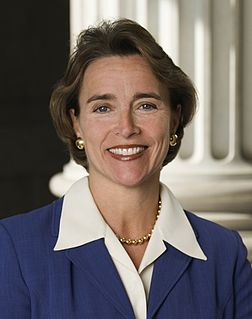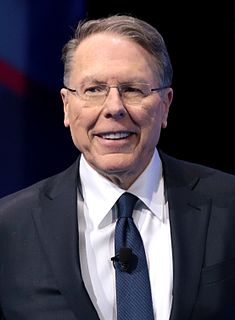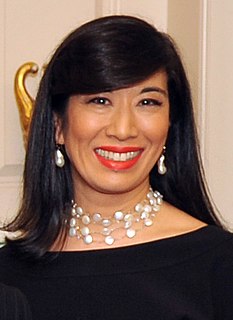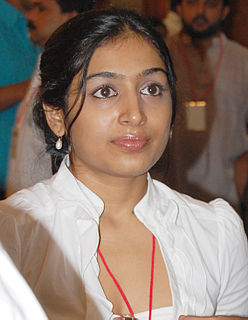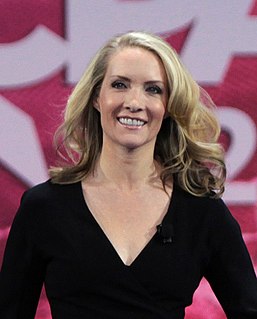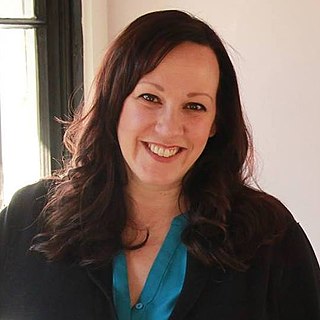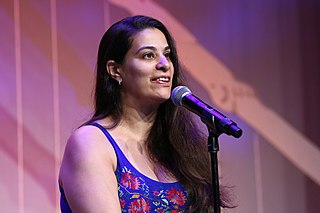A Quote by Suze Orman
The truth is women in the workplace don't have to fight nearly as hard for opportunities, or to dispel stereotypes, as they did before.
Related Quotes
The original feminists wanted two things. They wanted the right to vote, from which we could work to get more equality. And we have made progress. We did pass the anti-discrimination law, Title 7, Title 9, equality in the workplace, equality in education and in sports and in all these other areas. But enforcement is very hard. Changing stereotypes is very hard.
The backlash against women's rights would be just one of several powerful forces creating a harsh and painful climate for women at work. Reagonomics, the recession, and the expansion of a minimum-wage service economy also helped, in no small measure, to slow and even undermine women's momentum in the job market. But the backlash did more than impede women's opportunities for employment, promotions, and better pay. Its spokesmen kept the news of many of these setbacks from women. Not only did the backlash do grievous damage to working women C it did on the sly.
The company was actually founded on creating earnings opportunities for women, even before it went into skincare, lipstick, and fragrance. The founding Avon principle, before women could vote and when basically only men were working, was to allow women to get out of their homes and to create an entrepreneurship opportunity for them.
Women want to be free to choose from the same range of options that men take for granted. In our quest for equal pay, equal access to education and opportunities, we have made great strides. But until women can move freely and think freely in their homes, on the streets, in the workplace without the fear of violence, there can be no real freedom.
What business needs now is exactly what women are able to provide, and at the very time when women are surging into the work force. But perhaps even more important than work force numbers is the fact that women - who began this sweeping entry in the mid-seventies - are just now beginning to assume positions of leadership, which give them the scope to create and reinforce the trends toward change. The confluence is fortunate, an alignment that gives women unique opportunities to assist in the continuing transformation of the workplace.



